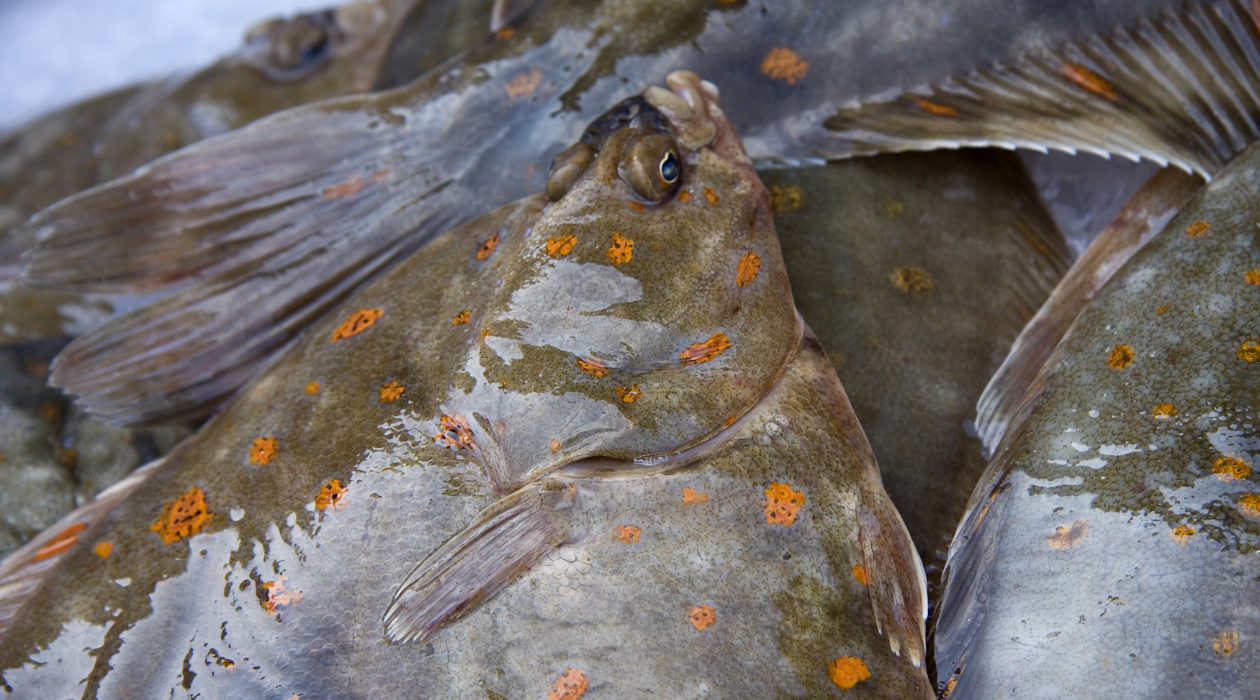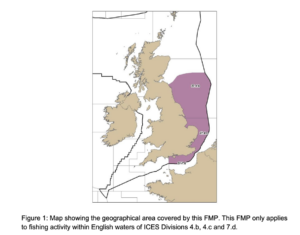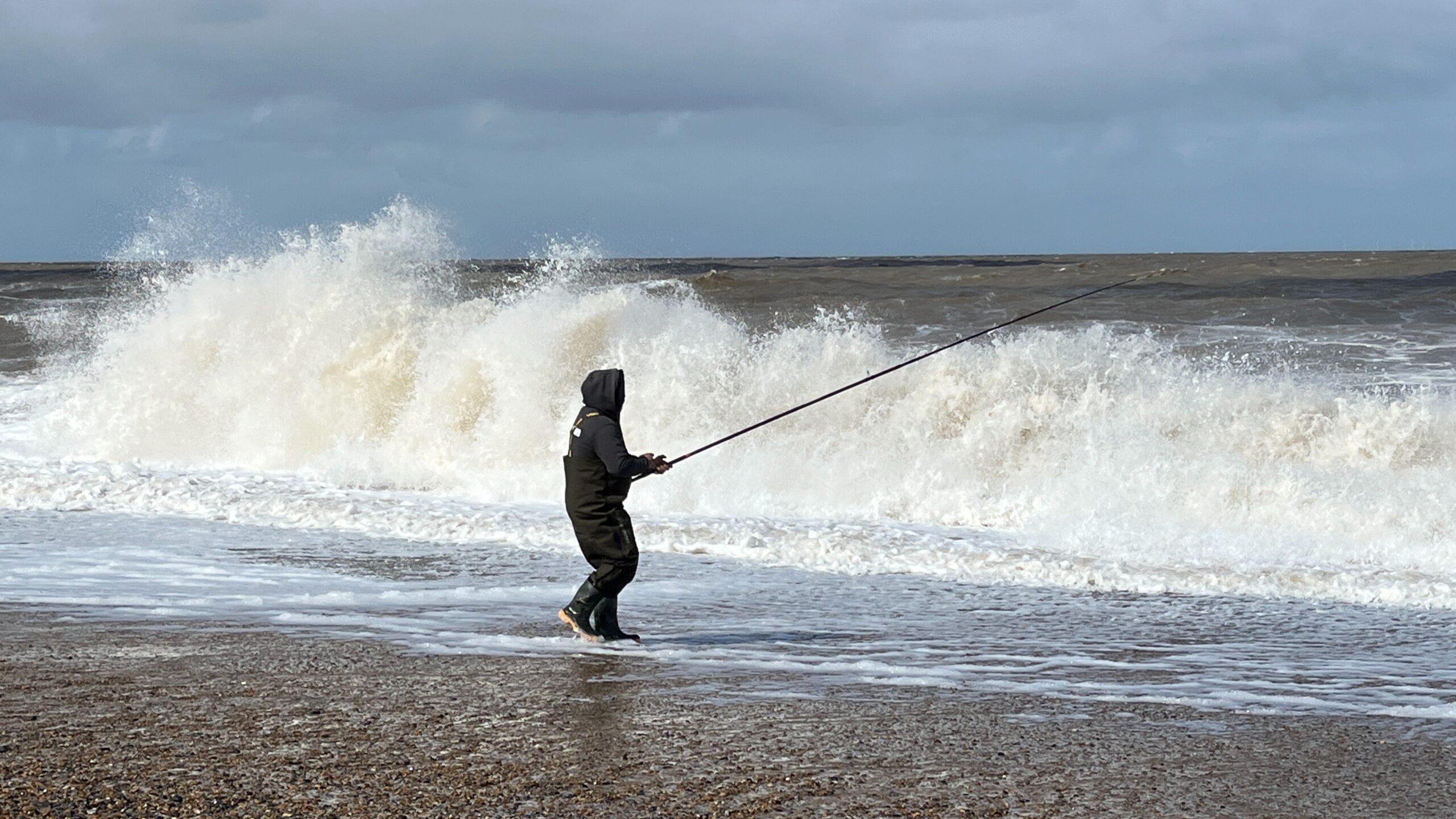
Marine
Angling Trust Slam Southern North Sea & Eastern Channel Flatfish Fishery Management Plan
The Angling Trust is disappointed at the failure to recognise recreationally important flatfish within the Southern North Sea & Eastern Channel Flatfish Fishery Management Plan (FMP). The consultation on this FMP is open to 1st October 2023. The Angling Trust will be making it clear this omission must be addressed as soon as possible.
Whilst the Angling Trust supports this new collaborative approach to fisheries management, the current version of the FMP is weak and non-committal, using language such as “considering” actions to reform the fishery. Defra undervalue the importance of recreational species like plaice, flounder, dab and turbot in its draft plan.
Overall, the plans do not go far enough to reverse the damage caused by commercial overfishing, particularly the high discards incurred in this fishery. Many flatfish species of high recreational value are of low commercial value and are frequently discarded. One example is dab, a main bycatch species in demersal fisheries in the North Sea, where the discard rate is around 89% and the survivability is unknown. Defra must give due consideration to the impact this has on recreational fisheries and manage fisheries for the benefits of entire coastal communities – not just the commercial fishing industry.
The proposed FMP also lacks strong commitments to support a thriving, sustainable fishery, and does not act fast enough to reduce bycatch of threatened species, like migratory fish, caused by bottom-towed gears and nets.
The Flatfish FMP – led by Defra – applies to lemon sole, witch, turbot, brill, dab, flounder, Atlantic halibut, plaice, and sole in English waters within International Council for the Exploration of the Sea (ICES) areas 4b, 4c and 7d.

Over the next six years the Flatfish FMP proposes to:
- Commission data collation to better understand the status of Atlantic halibut.
- Research and consider the re-opening of a survey for common sole in the Eastern channel, to address the evidence gaps around recruitment
- Implement the following MCRS restrictions: lemon sole – 25cm, turbot – 40cm, brill – 35cm
- Consider gathering evidence on potential viable options for management measures for towed gears within the Eastern English Channel, in particular in relation to 0-12nm
- Review of the joint Total Allowable Catch (TAC) management of lemon sole and witch, and turbot and brill
- Review of the TAC management area of lemon sole, witch and brill
While there are proposed measures within the fisheries management plan that are positive, they do not go far enough. The Angling Trust strongly supports the implementation of minimum conservation reference sizes (MCRS) and a mesh size increase to 100mm to protect juvenile fish, allowing them to grow and reproduce before being harvested, to promote recovering fish populations to underpin sustainable fisheries and prevent overfishing. But the MCRS included within the Fisheries Management Plan do not meet the maturity length required to protect juvenile fish. This is a major omission. We also stress there must be consistency across regions on MCRS to improve compliance and ease enforcement.
The Angling Trust is pushing for the following MCRS: lemon sole – 30cm, turbot – 46cm and brill – 41cm. Other species included within this FMP that are not being considered by Defra for MCRS, we argue must still be protected and we want to see the adoption of the following MCRS: witch – 30cm, dab – 25cm, flounder – 30cm, Atlantic halibut – 135cm, plaice – 35cm and sole – 35cm. You can view the Angling Trust’s Marine Advisory Group Minimum Conservation Reference Size Guidance here.
Decisive action on prohibiting destructive bottom-towed gears within Marine Protected Areas and removing inshore netting to reduce bycatch and protect endangered, threatened and protected species like twaite shad is needed urgently, and “considering” to gather evidence on this, when the accompanying Strategic Environmental Assessment is clear, is not good enough.
We welcome Defra’s proposal to review the way joint quotas are managed as the current management approach invites overfishing. We strongly encourage Defra to adopt species level fisheries management that covers the entire stock distribution area in line with ICES advice. Many flatfish species lack good data and information, so steps to gather data to inform fisheries management are also welcomed. Ultimately, we want to see ecosystem-based management adopted across UK fisheries.
When the UK left the EU the government committed to delivering world-class fisheries. Actions speak louder than words and we want the government to start delivering on its promises to entire coastal communities, not just the commercial fishing industry.
——————–
As recreational sea anglers, it’s essential to stay informed and engaged in matters that directly impact the health of our ocean and the future of our sport. The Angling Trust is committed to fighting for fish, fishing and the environment.
The consultation on the proposed Southern North Sea and Eastern Channel Mixed Flatfish Fisheries Management Plan (FMP) closes on Saturday 1st of October 2023, and we encourage all members of the recreational sea angling with views to respond.
The Angling Trust are responding to this consultation and will publish their response shortly.
You can read the Executive Summary of the Flatfish FMP here.
You might also like

Anglers Against Pollution On Tour: Join us to stand…

Angling Trust welcomes RSPCA’s decision to suspend releasing rescued…

Angling Trust join sports alliance in call for cleaner…

Angling Trust and Action for the River Kennet call…

Citizen Science month: casting a line for conservation

Young Wigan angler awarded for environmental efforts

ANGLING TRUST APPOINTS NEW ENGLAND LADIES SHORE TEAM MANAGER

Mayor Henna Chowdhury gets into sea fishing on Worthing…

Anglers United Against Litter: Angling Trust launch litter snapshot…

Angling Trust statement on the government’s proposed ban on…

SUPER SAUL WINS PENN SEA LEAGUE FINAL









